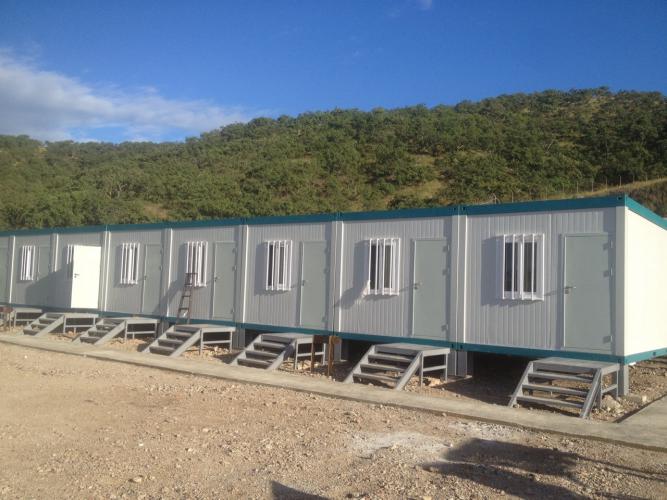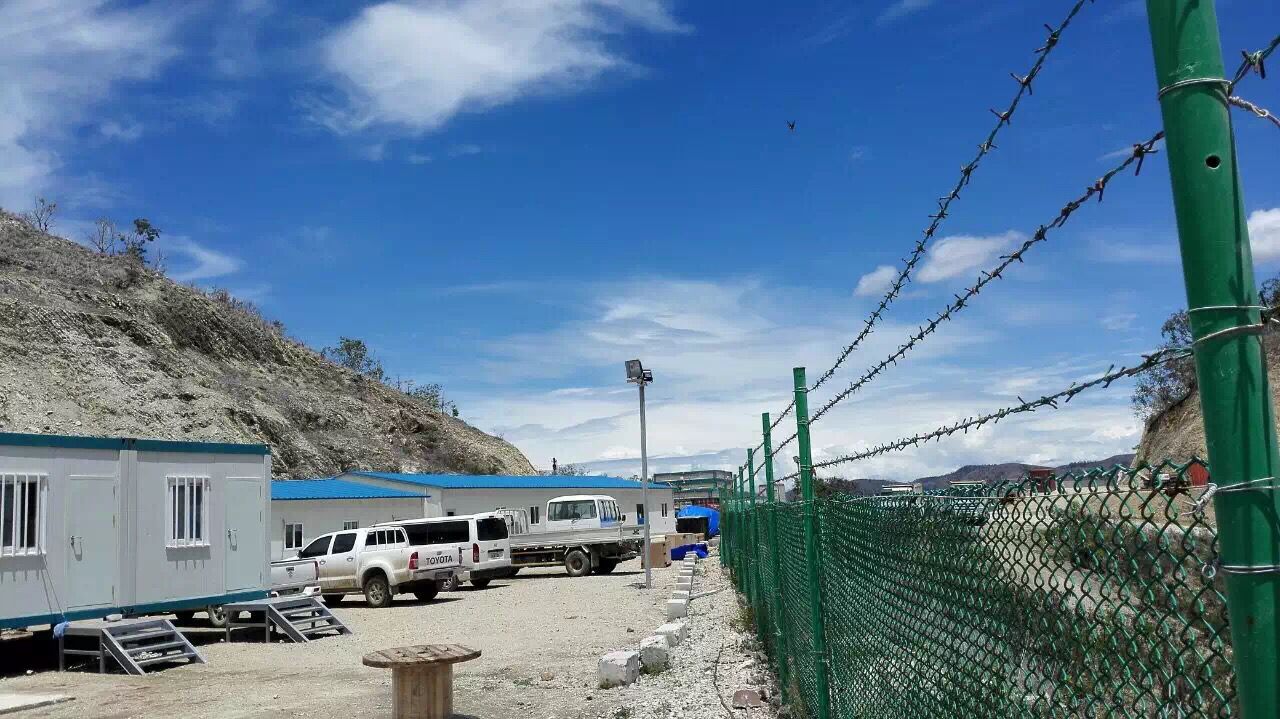Modular housing has emerged as a compelling alternative to traditional construction, offering faster build times, cost savings, and quality construction. If you're considering building a modular home, understanding the full cost picture is essential for making an informed decision. This comprehensive guide breaks down everything you need to know about modular housing costs, from base prices to hidden expenses.
What is Modular Housing?
Modular housing refers to homes built in sections—called modules—in a factory-controlled environment, then transported to the building site and assembled on a permanent foundation. Unlike manufactured or mobile homes, modular homes must meet the same state and local building codes as traditional stick-built homes. These structures are constructed using the same materials and techniques as conventional homes, making them virtually indistinguishable once assembled.
The key distinction between modular and manufactured homes lies in their construction standards and permanence. Modular homes sit on permanent foundations and are classified as real property, while manufactured homes are built on a permanent steel chassis following federal HUD codes and can potentially be relocated.
Base Cost of Modular Homes
The cost of modular housing varies significantly based on size, customization, location, and quality. Here's what you can expect to pay in 2025:
Cost Per Square Foot
Modular homes typically cost $80 to $160 per square foot for a complete, installed home. The base unit alone (before delivery and installation) ranges from $50 to $100 per square foot. For comparison, traditional stick-built homes average $150 to $250 per square foot, making modular construction 10-25% cheaper than conventional building methods.
Total Cost by Home Size
Here's a breakdown of average costs for different home sizes:
1,000 sq ft: $80,000-$160,000 (installed)
1,500 sq ft: $120,000-$240,000 (installed)
2,000 sq ft: $160,000-$320,000 (installed)
2,500 sq ft: $200,000-$400,000 (installed)
The average modular home costs approximately $240,000 to $270,000 for a complete installation.
Budget Categories
Modular homes fall into three general price categories:
Basic/Entry-Level: $200,000-$300,000 for a 2,000 sq ft home with standard finishes
Mid-Range: $300,000-$400,000 with upgraded materials and features
High-End/Luxury: $400,000-$600,000+ with premium customization and finishes
Beyond the Base Price: Additional Costs
The advertised price of a modular home rarely includes all expenses. Understanding these additional costs is crucial for accurate budgeting.
Land Preparation and Site Work
Before your modular home arrives, the site must be properly prepared. These costs can range from $5,000 to $25,000 or more depending on your land's condition:
Land clearing: $500-$5,000 (removing trees, rocks, and debris)
Grading and leveling: $1,000-$4,000
Soil testing: $300-$1,000
Driveway construction: $1,200-$10,000
Total site preparation costs can reach $8,000 to $50,000 for more complex projects involving utilities and extensive clearing.
Foundation Installation
A solid foundation is essential for any modular home. Foundation costs vary by type:
Concrete slab: $6,000-$20,000
Crawl space: $6,300-$16,300
Full basement: $18,000-$30,000
Pier and beam: $3,000-$8,000
The average foundation cost is typically $7 to $30 per square foot, with most homeowners spending $10,000 to $50,000 depending on the foundation type and home size.
Delivery and Installation
Transportation and assembly add significant costs to your project:
Delivery fees: $5,000-$15,000 (depending on distance)
Installation and assembly: $5-$35 per square foot
Crane services: Included in installation costs
Flag cars and permits: $500-$2,000
The distance from the manufacturing facility to your site is a primary factor, with costs increasing based on mileage, road conditions, and accessibility.
Utility Connections
Connecting your home to essential services is another major expense:
Water hookup: $500-$5,000
Sewer connection: $2,500-$10,000 (more if septic system required)
Electrical connection: $500-$5,000
Total utility installation: $5,000-$30,000
Permits and Fees
Building permits, inspections, and regulatory fees add $500 to $5,000 to your budget, with some locations requiring $5,000 to $10,000 for various approvals and taxes.
Customization and Upgrades
While base models are affordable, customization can significantly increase costs. Adding $10 to $150 per square foot for upgrades is common:
High-end kitchen finishes: $15,000-$40,000
Premium bathroom fixtures: $5,000-$20,000
Energy-efficient windows: $3,000-$10,000
Solar panels: $10,000-$30,000
Smart home technology: $2,000-$10,000
Modular vs. Traditional Construction: Cost Comparison
Understanding how modular homes compare to traditional construction helps clarify their value proposition.
Construction Cost Savings
Modular homes deliver substantial savings through several mechanisms:
10-30% lower construction costs compared to stick-built homes
30-50% faster completion times, reducing financing costs
Reduced labor expenses due to factory efficiency
Less material waste through precision manufacturing
A typical comparison for a 1,500 sq ft home shows:
Modular: $150,000-$225,000
Traditional: $200,000-$300,000
Potential savings: $50,000+
Time Savings Translate to Money
The accelerated construction timeline of modular homes—typically 2-6 months versus 6-12 months for traditional builds—means lower carrying costs, reduced construction loan interest, and faster occupancy.
Factors That Influence Modular Home Costs
Several variables affect the final price of your modular home:
Location and Market Conditions
Regional differences in labor costs, material availability, and local building codes impact pricing significantly. Remote or difficult-to-access locations increase transportation and installation expenses.
Design Complexity
Standard floor plans with minimal customization offer the best value, while complex designs with multiple levels, custom layouts, or unique architectural features substantially increase costs.
Quality of Materials
The range from basic to premium materials creates significant price variation. Entry-level finishes might cost $1,000-$1,500 per square meter, while luxury options can reach $2,500+ per square meter.
Size and Configuration
Larger homes naturally cost more, but cost per square foot often decreases with size due to economies of scale. Adding modules vertically (stacking) or horizontally affects both structural requirements and expenses.
Builder and Brand
Different manufacturers offer varying price points and quality levels. Established brands with proven track records may charge premium prices but often deliver superior quality control and warranty coverage.
Financing Modular Homes
Modular homes qualify for the same financing options as traditional homes, since they're classified as real property once installed:
Conventional Mortgages
Most modular homeowners use conventional construction loans that convert to permanent mortgages after completion. Standard 30-year, 20-year, and 15-year fixed-rate options are available.
Government-Backed Loans
Several government programs support modular home purchases:
FHA loans: As low as 3.5% down payment
VA loans: 0% down for qualifying veterans
USDA loans: 0% down for rural properties
Fannie Mae MH Advantage: 3% down with competitive rates
Construction Loans
Building a new modular home typically requires a construction loan with 20-25% down payment, which converts to permanent financing after completion. Many lenders specialize in modular construction financing and can streamline the process.
Hidden Costs to Consider
Several often-overlooked expenses can surprise first-time modular home buyers:
Landscaping: $5,000-$30,000
Decks and porches: $3,000-$15,000
Garage construction: $20,000-$50,000
HVAC upgrades: $5,000-$15,000
Well installation (if needed): $5,000-$15,000
Septic system (if needed): $5,000-$20,000
Long-Term Value and Investment Potential
Modular homes offer compelling long-term value:
Appreciation and Resale Value
When properly maintained and built on owned land, modular homes appreciate at rates similar to traditional homes. The key factors influencing resale value include:
Permanent foundation installation
Land ownership
Construction quality
Location and market conditions
Energy efficiency features
Studies show that modular homes can deliver instant equity since they cost 10-20% less to build than comparable stick-built homes.
Energy Efficiency Savings
Modular homes are typically more energy-efficient than traditional construction due to:
Superior insulation (R38 roof, R19 floor, R21 walls standard)
Tighter construction with fewer air leaks
Factory-precision sealing
Modern HVAC systems
These features translate to 20-30% lower utility bills over the home's lifetime.
Durability and Longevity
Well-built modular homes last just as long as traditional homes—typically 30-50+ years with proper maintenance. The controlled factory environment often results in fewer construction defects and higher overall quality.
Advantages of Modular Construction
Beyond cost savings, modular homes offer numerous benefits:
Speed of Construction
The 30-50% faster completion time allows parallel factory production and site preparation, dramatically reducing project timelines compared to traditional builds.
Quality Control
Factory construction provides consistent quality through:
Controlled environment free from weather delays
Standardized production processes
Rigorous inspections at multiple stages
Reduced human error
Flexibility and Customization
Modern modular homes are highly customizable, offering various floor plans, architectural styles, and finish options that rival traditional construction.
Environmental Sustainability
Modular construction is more environmentally friendly through:
Reduced material waste (up to 50% less than site-built)
Lower energy consumption during construction
Precision cutting and bulk purchasing efficiency
Potential for recycled materials
Reduced Site Disruption
Since most construction occurs off-site, there's less noise, dust, and disruption at your property—particularly beneficial if you have neighbors or are building while living on the land.
Real-World Cost Example
Here's a realistic breakdown for a 1,800 sq ft modular home:
Base home price: $90,000-$180,000
Land: $15,000 (varies widely by location)
Foundation: $20,000-$25,000
Site preparation: $6,000-$8,000
Delivery and installation: $10,000-$15,000
Utility connections: $8,000-$12,000
Permits and fees: $3,000-$5,000
Customizations: $30,000-$50,000
Total project cost: $180,000-$310,000
Making Modular Housing Work for Your Budget
To maximize value when building a modular home:
Start with Standard Designs
Pre-designed floor plans with standard finishes offer the best cost-efficiency. Reserve customization for high-impact areas like kitchens and master bathrooms.
Bundle Services
Many manufacturers offer turnkey packages that include delivery, installation, and utility hookups at better rates than sourcing separately.
Time Your Purchase
Consider building during off-peak seasons when manufacturers may offer better pricing and faster production schedules.
Get Multiple Quotes
Compare offerings from at least three manufacturers, ensuring quotes include the same services and specifications.
Plan for All Costs
Budget for the complete project including land, site work, utilities, and finishing touches—not just the base home price.
Conclusion
Modular housing costs range from $80 to $160 per square foot installed, with complete homes averaging $240,000 to $270,000. When properly budgeted, modular construction offers 10-25% cost savings compared to traditional building methods, along with faster completion times, comparable quality, and strong long-term value.
The key to a successful modular home project lies in understanding the complete cost picture—from base prices and site preparation to delivery, installation, and hidden expenses. By accounting for all these factors and working with reputable manufacturers, you can build a high-quality home that meets your needs while staying within budget.
Whether you're a first-time homebuyer seeking affordability, an investor looking for efficient construction, or someone wanting a custom home without the traditional construction timeline, modular housing presents a compelling value proposition for 2025 and beyond.


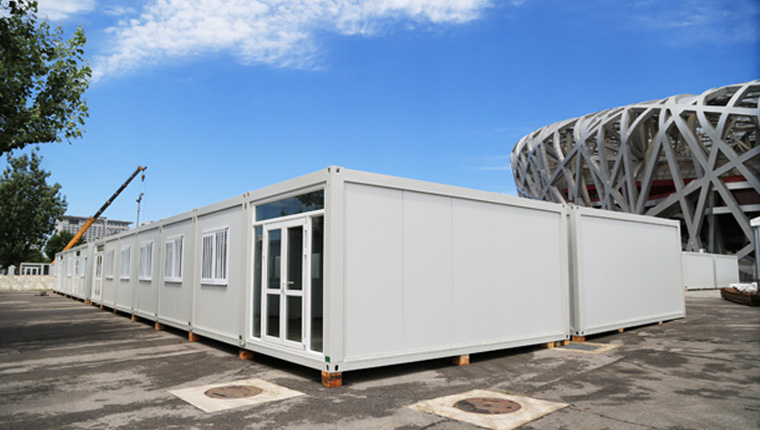
More
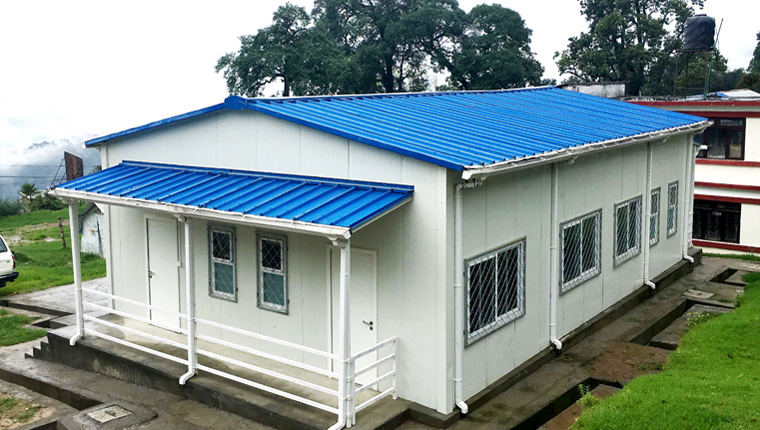
More
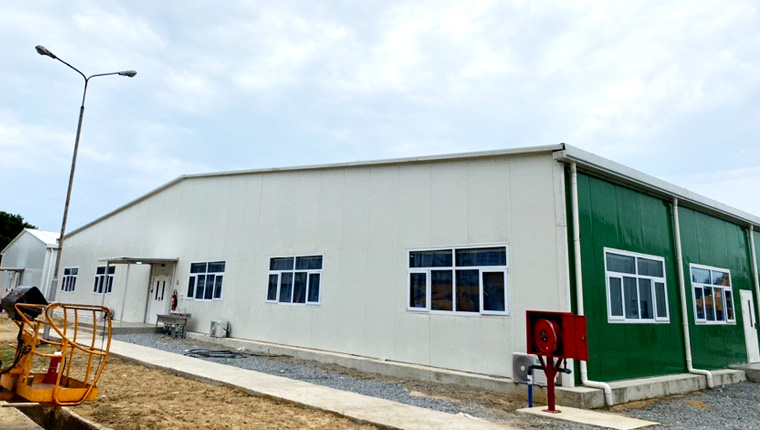
More
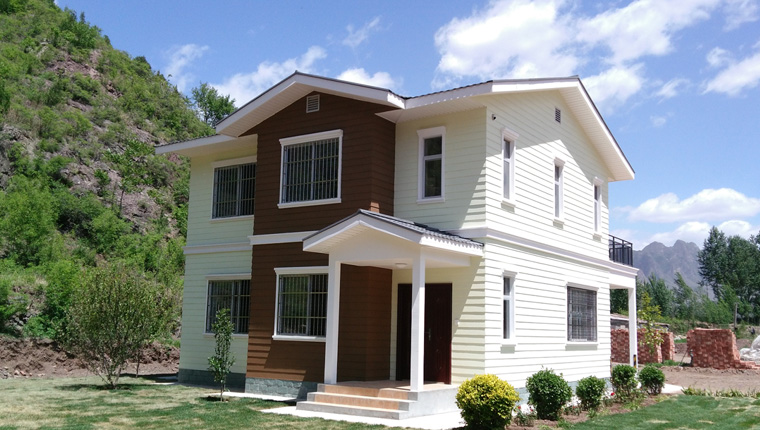
More
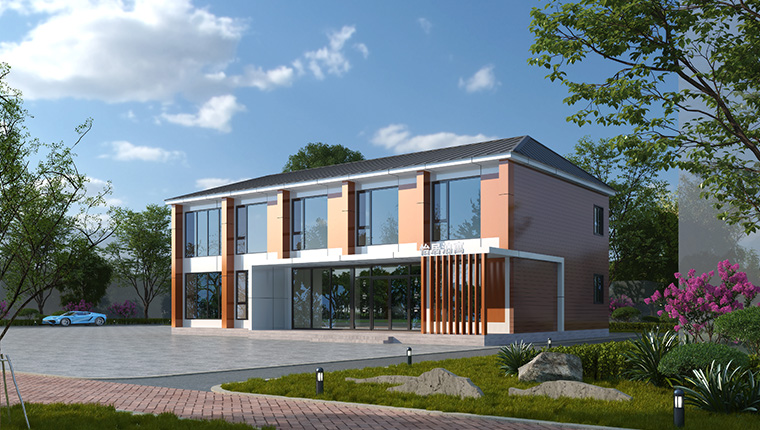
More
Learn More
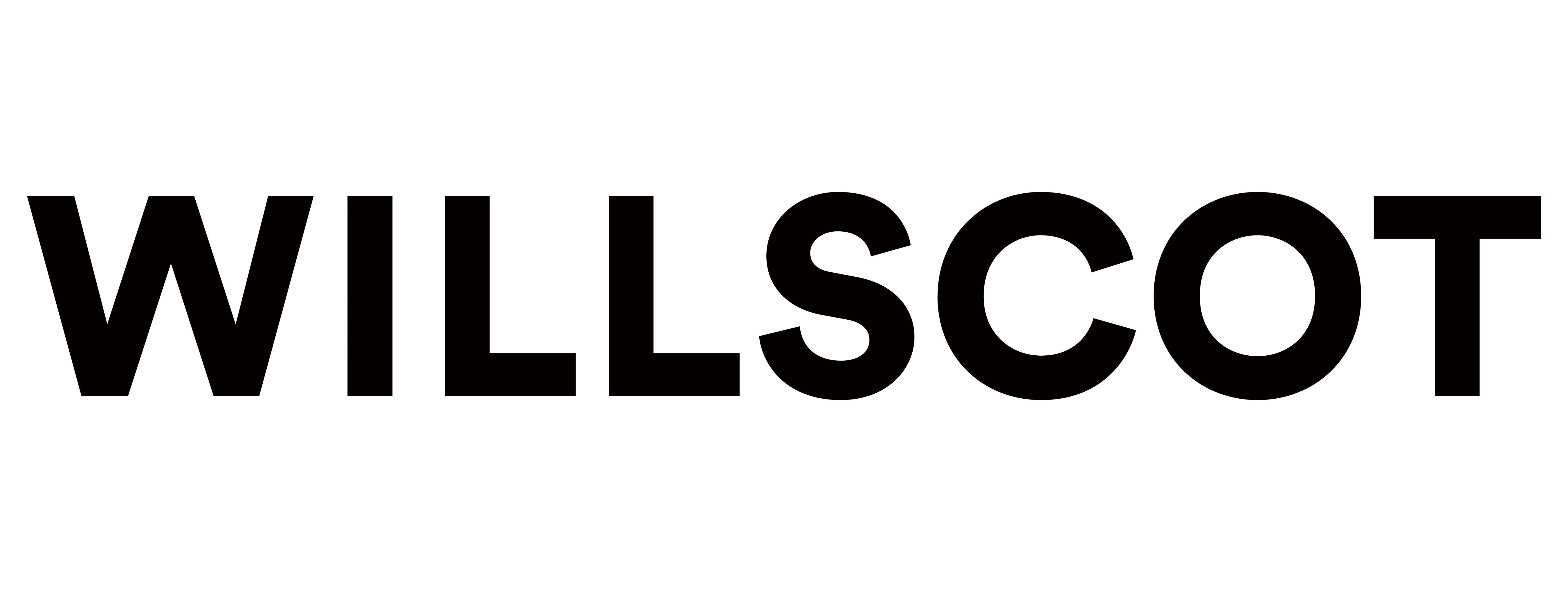

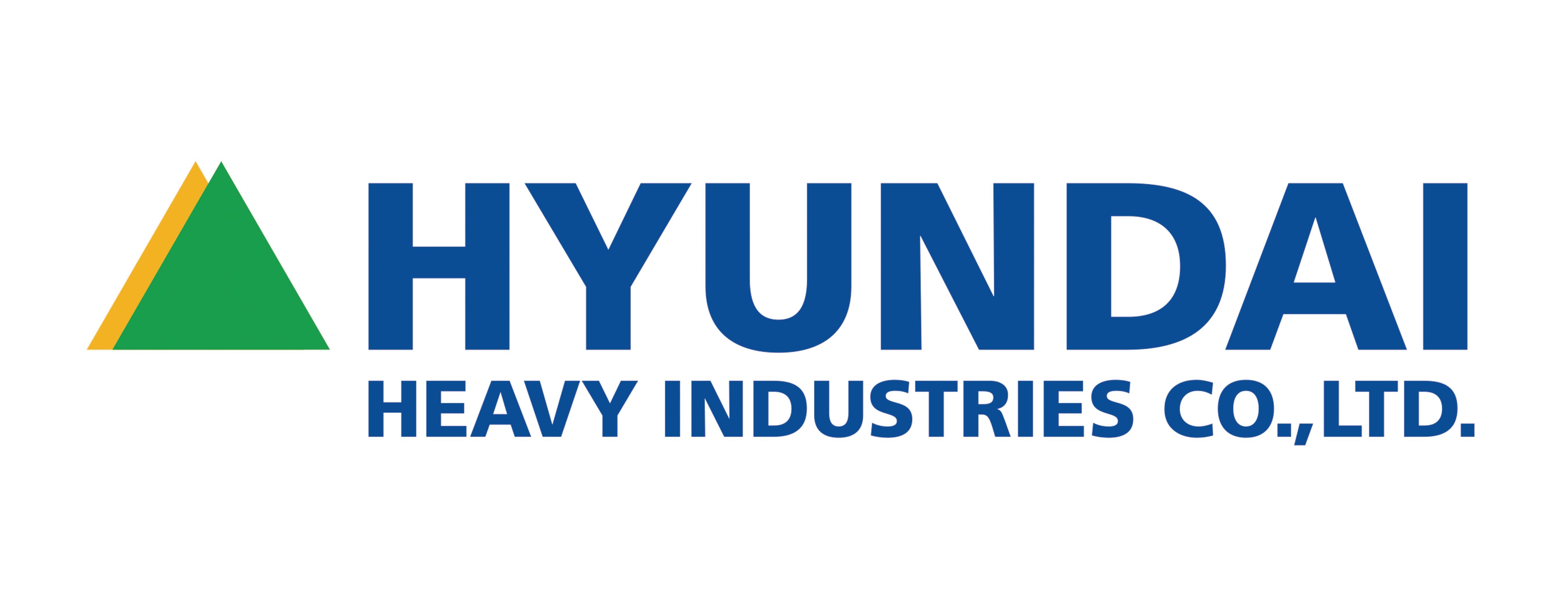
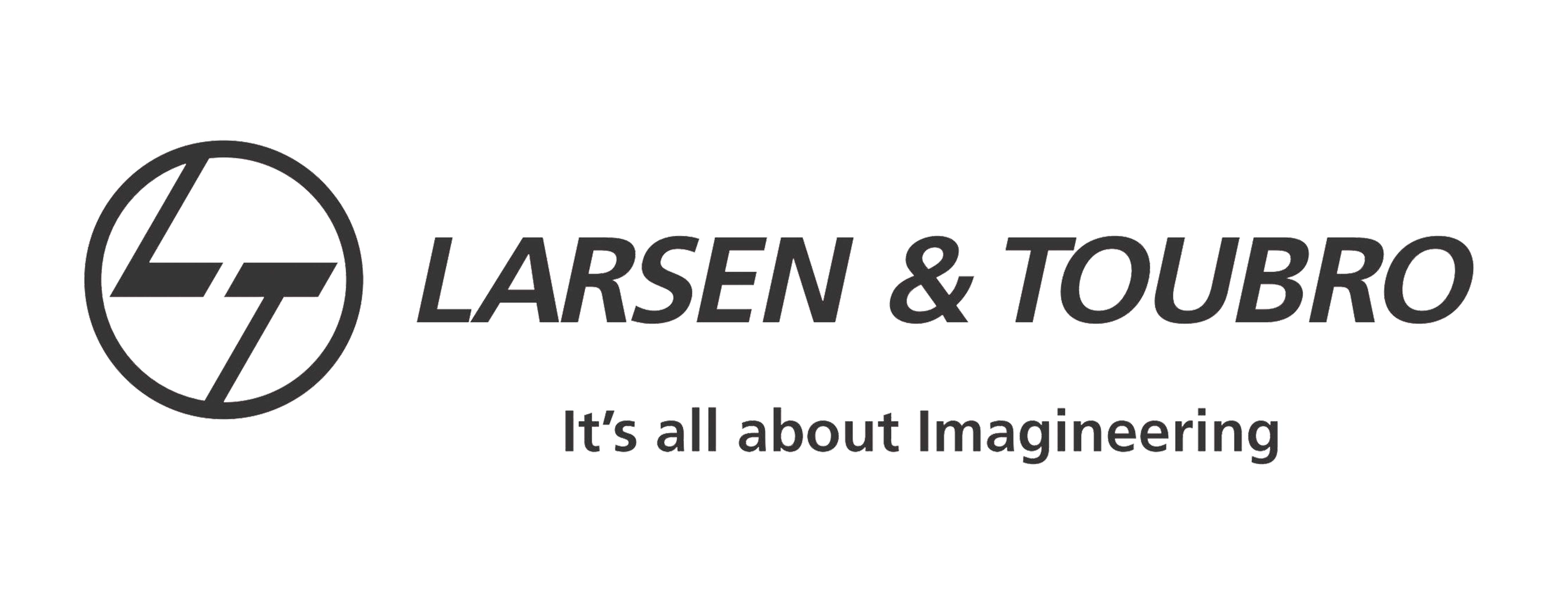
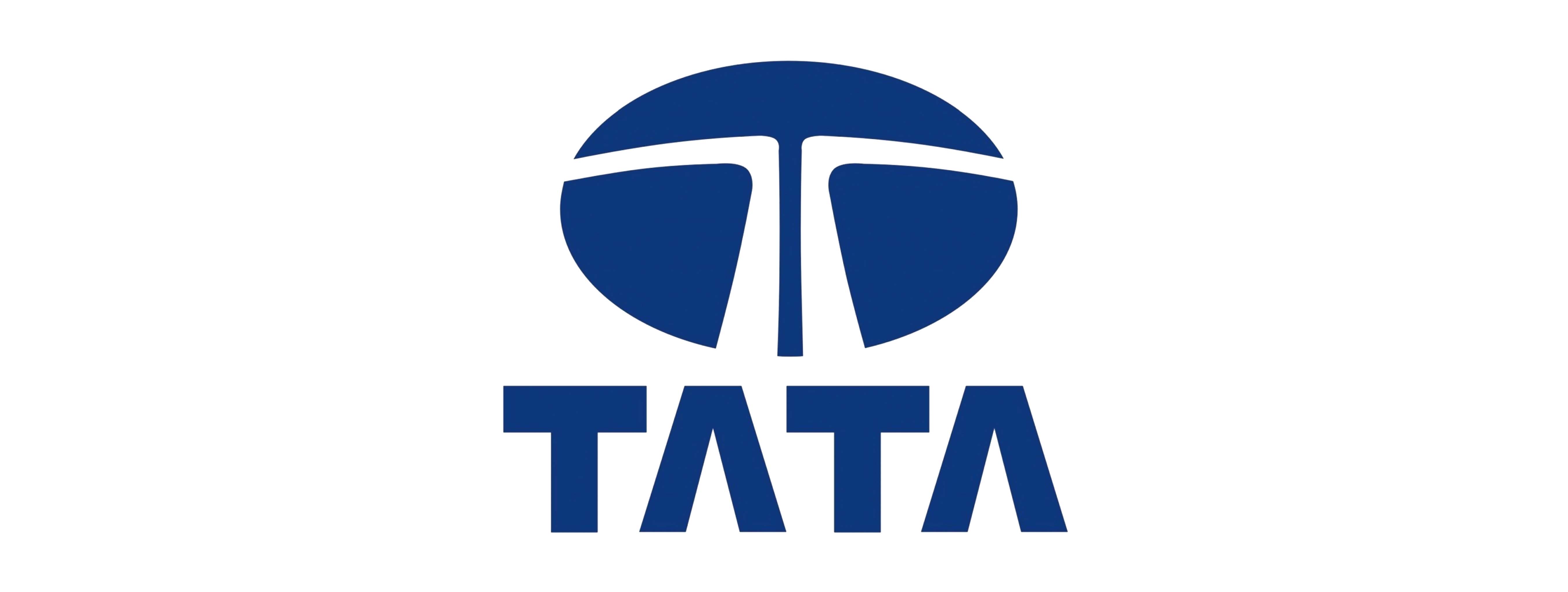

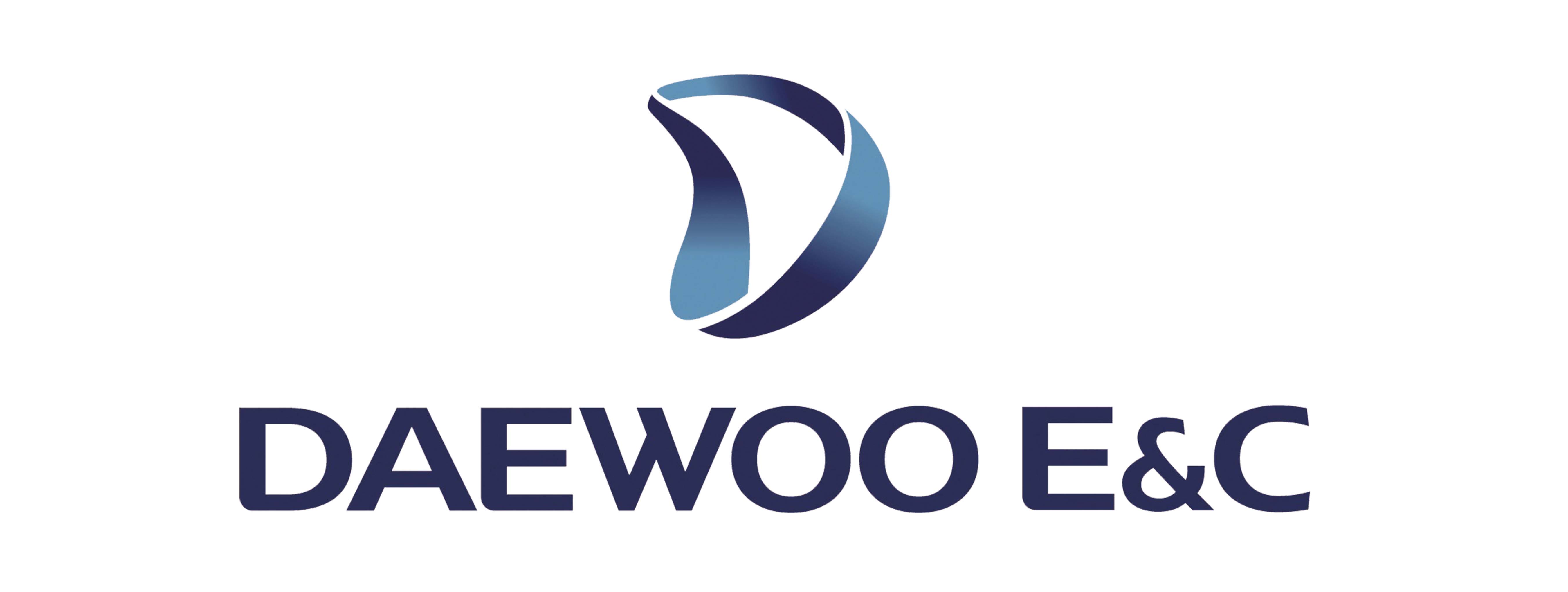


















![Top Advantages of Modular Construction Explained [2025]](/uploads/upload/images/20250424/0fb390068474145a09a8c0504c73b1d2.png)
